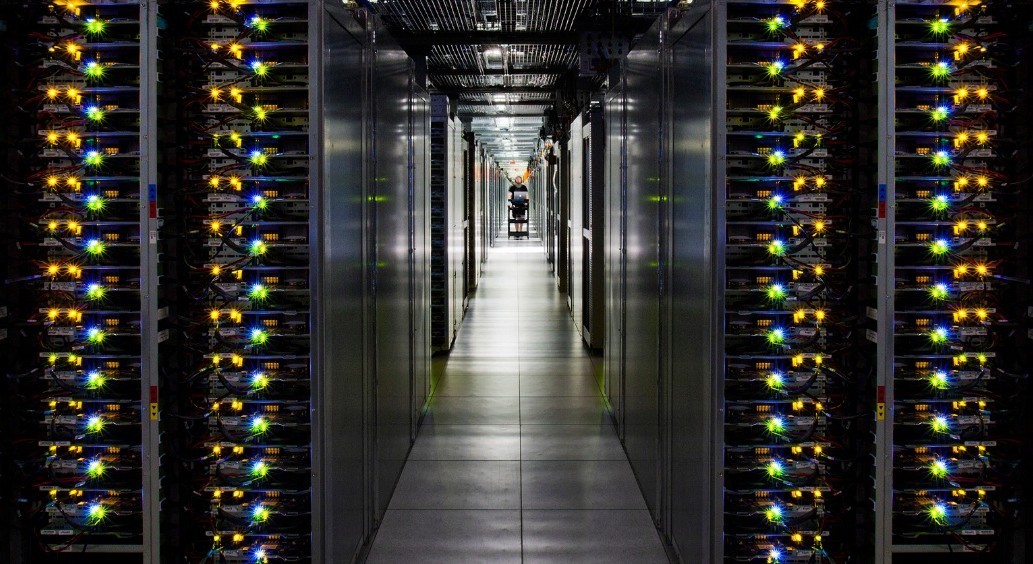

The Office of National Statistics (ONS) has opened a new data science campus at its headquarters in Newport, South Wales, that will aim to apply large-scale analytics techniques to information from traffic sensors, mobile phones and satellites to measure the British economy.
The centre, launched on Monday, is part of a £17 million investment into modernising the way the UK uses statistics.
Its formation follows a government-ordered review by former Bank of England deputy governor Sir Charlie Bean last year that found official economic statistics were failing to capture an accurate picture of modern Britain, and needed to be more innovative.
Tom Smith, managing director of the new facility, said it would use new types of data and techniques to understand employment, inflation measures, and the economy and society in general.
Aggregate mobile phone data could be used to understand commuter patterns and pick up traffic issues that could help longer-term planning about where to build new roads, he said.
The centre will be able to make use of real-time price data from supermarket checkout scanners and online retailers.
“We could aggregate data to get a picture on how are people getting to work and any changes in commuting patterns,” Smith told BBC Radio Wales’ Good Morning Wales programme.
Data from projects such as Google’s Street View could be used to assess poverty levels and economic growth in particular areas, Smith said.
He said he wants the centre to use the same techniques used to sell commercial advertising and apply them to projects that serve the public and social good.
The campus is also intended to play a role in training future data scientists, and has recruited the country’s first data analytics apprentices, said Smith.
At the launch the ONS hosted a presentation from Flowminder about the use of satellite images and mobile phone data to map populations and track migration.
Statistics Netherlands discussed its use of real-time data from about 60,000 road sensors throughout the country to give a picture of economic activity.
The ONS is to work with universities, governments, charities and businesses on developing data usage.
Big data techniques have gained ground in areas including business, medicine and politics as a way of sifting through large amounts of data and drawing out details relevant to a particular line of inquiry.
But they have also raised questions on the protection of individuals’ privacy, particularly in cases where highly sensitive information such as medical data is involved.
Smith said the ONS won’t be using data drawn from individual devices, such as mobile phones, but only aggregate information.
Put your knowledge of artificial intelligence (AI) to the test. Try our quiz!
American space agency prepares for testing of Boeing's Starliner, to ensure it has two space…
As UK and Europe develop closer military ties, European Commission says it will invest €1.3…
Zuckerberg seeks to revive Facebook's original spirit, as Meta launches Facebook Friends tab, so users…
Notable development for Meta, after appeal against 2021 WhatsApp privacy fine is backed by advisor…
First sign of shake-up under new CEO Lip-Bu Tan? Three Intel board members confirm they…
Trump's nominee for SEC Chairman, Paul Atkins, has pledged a “rational, coherent, and principled approach”…